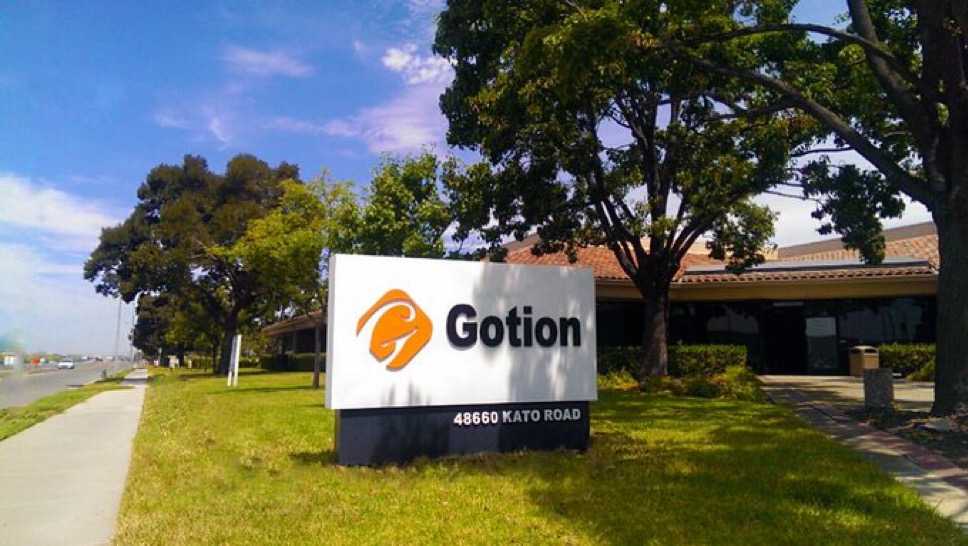Gotion, the EV battery company that has pledged fealty to the Chinese Communist Party, will not be setting up shop in Michigan’s heartland. With its premature exit, we can safely declare that the Gretchen Whitmer model of economic development has failed.
Gotion, we hardly knew ye. But I can’t say we will miss you. Gotion was never welcome in the Big Rapids area, but you’d never know it from the governor’s support and large stacks of taxpayer money.
Gotion didn’t think it needed friends beyond the governor’s office, and it didn’t make any. In this David vs. Goliath battle, the locals beat Lansing.
There are two schools of thought on how to attract businesses to Michigan. We just got to see them go head-to-head.

Gov. Gretchen Whitmer’s model is to hand big bags of cash to companies. That way, when the press release goes out, Whitmer’s name is always in the headline.
To the average Michigander, this might give the impression that the governor plays a causal role in job creation.
This is corporate welfare—the government picks winners and losers. And as the Mackinac Center has shown, the governor mostly picks losers. Whitmer has never started or run a business.
President Donald Trump’s model is to encourage companies to expand or open up shop in America through tariffs.
Before Trump, the incentive was for a company like Stellantis to build its products elsewhere and ship them back to America, and to call that “free market economics.”
Tariffs changed that.
Whitmer and Gotion broke up in September, when the state claimed that Gotion defaulted on its obligations.
The state found Gotion in default of its obligations and said no further taxpayer money will flow to the Chinese company. All the taxpayer money and all the governor’s men weren’t enough to get Gotion’s factories open in the first place.
“Without financial support from the state, the Gotion project is likely doomed,” reads a Detroit Free Press report.
If a large company can’t build a plant without state support, are the company and its business plan on solid ground? The Michigan media does not ask this question, so the corporate welfare model goes largely unchallenged.
The same week the Gotion default went public, Stellantis—descendant of Chrysler—made an announcement to invest $13 billion in America, including Michigan. This represents the “largest single investment” in its history.
Turns out, Chrysler doesn’t need to be given cash to do business. It just needs the proper business environment. Tariffs did what cash giveaways did not.
Corporate welfare critics in Michigan have made this argument for years: Giving away bags of cash only masks a bad business environment in Michigan. If companies the size of General Motors and Ford need welfare to do business, who doesn’t?
Again, the media does not ask these questions.
Whitmer didn’t dream up the corporate welfare model herself. For two decades running, corporate welfare has been the Lansing consensus.
Gov. Jennifer Granholm popularized cash giveaways. Rick Snyder, a Republican, continued them. Whitmer inherited and then extended the corporate welfare model. Then she crystallized it by creating a dedicated Strategic Operating and Attraction Reserve (SOAR) fund.
Even that wasn’t enough to get the Gotion factory built. And lawmakers caught on to the failures of the SOAR Fund. Whitmer sought $500 million for SOAR but got $0 in the 2026 budget.
The next occupant of the governor’s office can chase headlines with corporate welfare or fix the business environment that turns America’s largest firms into beggars in Lansing.
One model produces press releases and little else. The other one makes history.
Which way, Michigan?
James David Dickson is an enjoyer of Michigan. Join him in conversation on X at @downi75.



